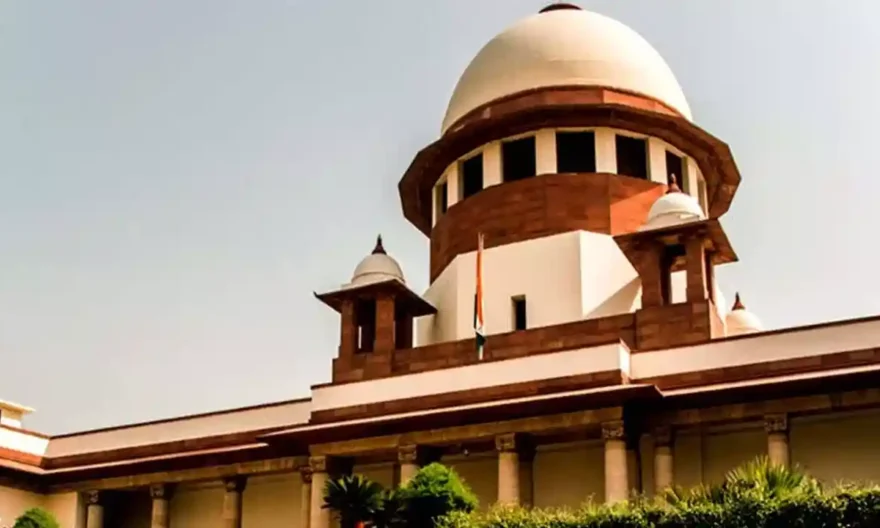
The Supreme Court on Friday held that in cases of reversal of acquittal, where two possible outcomes exist, the view that favors the accused has to be adopted.
A division bench of Justice Krishna Murari and Justice BV Nagarathna was hearing a petition filed by Roopwanti against the decision of the Punjab and Haryana High Court which had acquitted the respondents-accused whom she alleged killed her son.
The bench stated that in such cases courts must keep in mind that the presumption of innocence in favor of the accused would stand strengthened and fortified and the prosecution will have an even greater responsibility to reverse the presumption.
“In cases where a reversal of acquittal is sought, the courts must keep in mind that the presumption of innocence in favour of the accused, on grounds of it surviving the rigours of a full trial, is strengthened and stands fortified. The prosecution then, while still working under the same burden of proof, is required to discharge a more onerous responsibility to annul and reverse the fortified presumption of innocence. This fortification of the presumption of innocence has been held in a catena of judgments by this court,” the bench stated.
Background: On December 22, 2009, the six respondents-accused attacked the victim, who passed away the next day from his injuries.
Against the respondents, a first information report (FIR) was filed.
The trial court deemed the prosecution’s case to be questionable because no eyewitnesses were able to support it throughout the trial, and as a result, all of the respondents were declared not guilty.
Furthermore, the trial court noted that the appellant, who is the deceased’s mother, provided a completely different account of events than the prosecution witness.
The High Court also dismissed the appeal on the grounds that the trial court’s acquittal decision was based on proper assessment of evidence and facts and there was no error.
The appellant then filed an appeal with the Supreme Court.
The Supreme Court stated that when acquittal is reversed, the courts must keep in mind that the presumption of innocence in favour of the accused is strengthened and fortified because it has survived the rigours of a full trial.
As a result, the prosecution is required to discharge a more onerous responsibility to annul and reverse such presumption of innocence, the Court stated
The Court also cited its decisions in Allarakha K Mansuri v. State of Gujarat (2002) and Mrinal Das and Others v. State of Tripura (2011) in this regard.
In light of the foregoing, the Court dismissed the appeal, concluding that the trial court made no mistakes and thoroughly examined all evidence.




